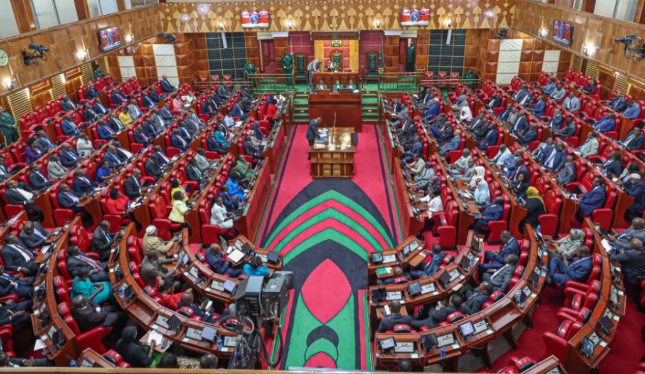Members of Parliament have come under sharp criticism for their role in the impeachment process of Deputy President Rigathi Gachagua, with the public expressing frustration over how MPs have handled the public participation exercise. Although the MPs quickly mobilized to comply with court orders extending the time for citizens to submit their views, many Kenyans remain unhappy with the way public participation has been facilitated.
The 2010 Constitution introduced public participation as a fundamental aspect of the legislative process, and this requirement has proven both beneficial and challenging for successive governments. Several important initiatives, such as the Jubilee government’s Building Bridges Initiative (BBI), failed due to insufficient public engagement. Similarly, the Kenya Kwanza government’s Housing Levy and Finance Bill 2024 faced backlash due to inadequate public consultation.
Recent protests against the Finance Bill, particularly from the youth, highlighted the growing dissatisfaction with how public participation is conducted. This frustration has resurfaced during the impeachment process for Gachagua, as many feel that the current public participation efforts are not genuine or meaningful.
To address these concerns, there is a growing call for the government to establish a more concrete and effective structure to ensure public participation is carried out in a way that satisfies the needs of ordinary citizens. Without such reforms, discontent over this democratic process is likely to persist.



